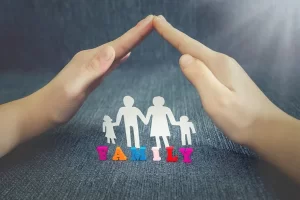 2023 Theme: Demographic Trends and Families
2023 Theme: Demographic Trends and Families
In late 2022, the world’s population has reached eight billion people. Characterised by the United Nations Secretary-General as a ‘milestone in human development’ this landmark event illustrates major advancements in health extending human lifespans. Population growth is to continue albeit at a decreasing rate. It is projected to reach 9.8 billion in 2050 and 11.2 in 2100 rising concerns about the prospects of sustainable urbanization and management of climate change.
Demographic change is one of the most important megatrends impacting our world and the life and well-being of families worldwide.
In 1993, the General Assembly decided in a resolution (A/RES/47/237) that 15 May of every year should be observed as The International Day of Families. This day provides an opportunity to promote awareness of issues relating to families and to increase the knowledge of the social, economic and demographic processes affecting families.
On 25 September 2015, the 193 member states of the United Nations unanimously adopted the Sustainable Development Goals, a set of 17 goals aiming to eliminate poverty, discrimination, abuse and preventable deaths, address environmental destruction, and usher in an era of development for all people, everywhere. Families and family-oriented policies and programmes are vital for the achievement of many of these goals.

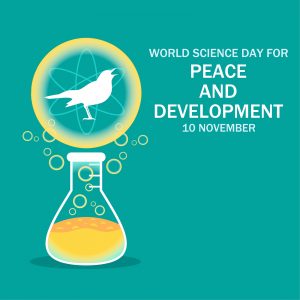 Celebrated every 10 November, World Science Day for Peace and Development highlights the significant role of science in society and the need to engage the wider public in debates on emerging scientific issues. It also underlines the importance and relevance of science in our daily lives.
Celebrated every 10 November, World Science Day for Peace and Development highlights the significant role of science in society and the need to engage the wider public in debates on emerging scientific issues. It also underlines the importance and relevance of science in our daily lives.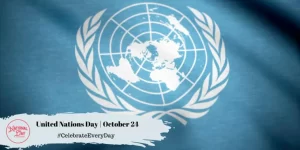 United Nations Day recognizes the founding of the United Nations (UN) in 1945. The celebration is observed annually on October 24th.
United Nations Day recognizes the founding of the United Nations (UN) in 1945. The celebration is observed annually on October 24th.  World Teachers’ Day on October 5th honors teachers and teacher organizations making vital contributions to the education and development of our future leaders.
World Teachers’ Day on October 5th honors teachers and teacher organizations making vital contributions to the education and development of our future leaders.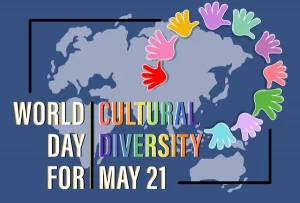
 “Sport has the power to align our passion, energy and enthusiasm around a collective cause. And that is precisely when hope can be nurtured and trust can be regained. It is in our collective interest to harness the tremendous power of sport to help build a better and more sustainable future for all. »
“Sport has the power to align our passion, energy and enthusiasm around a collective cause. And that is precisely when hope can be nurtured and trust can be regained. It is in our collective interest to harness the tremendous power of sport to help build a better and more sustainable future for all. »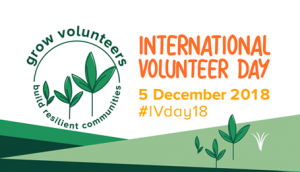 The United Nations (UN) annually observes the International Volunteer Day for Economic and Social Development on December 5. The day, which is also known as International Volunteer Day (IVD), gives volunteers a chance to work together on projects and campaigns promoting their contributions to economic and social development at local, national and international levels.
The United Nations (UN) annually observes the International Volunteer Day for Economic and Social Development on December 5. The day, which is also known as International Volunteer Day (IVD), gives volunteers a chance to work together on projects and campaigns promoting their contributions to economic and social development at local, national and international levels. The International Day of Charity was conceived as a
The International Day of Charity was conceived as a